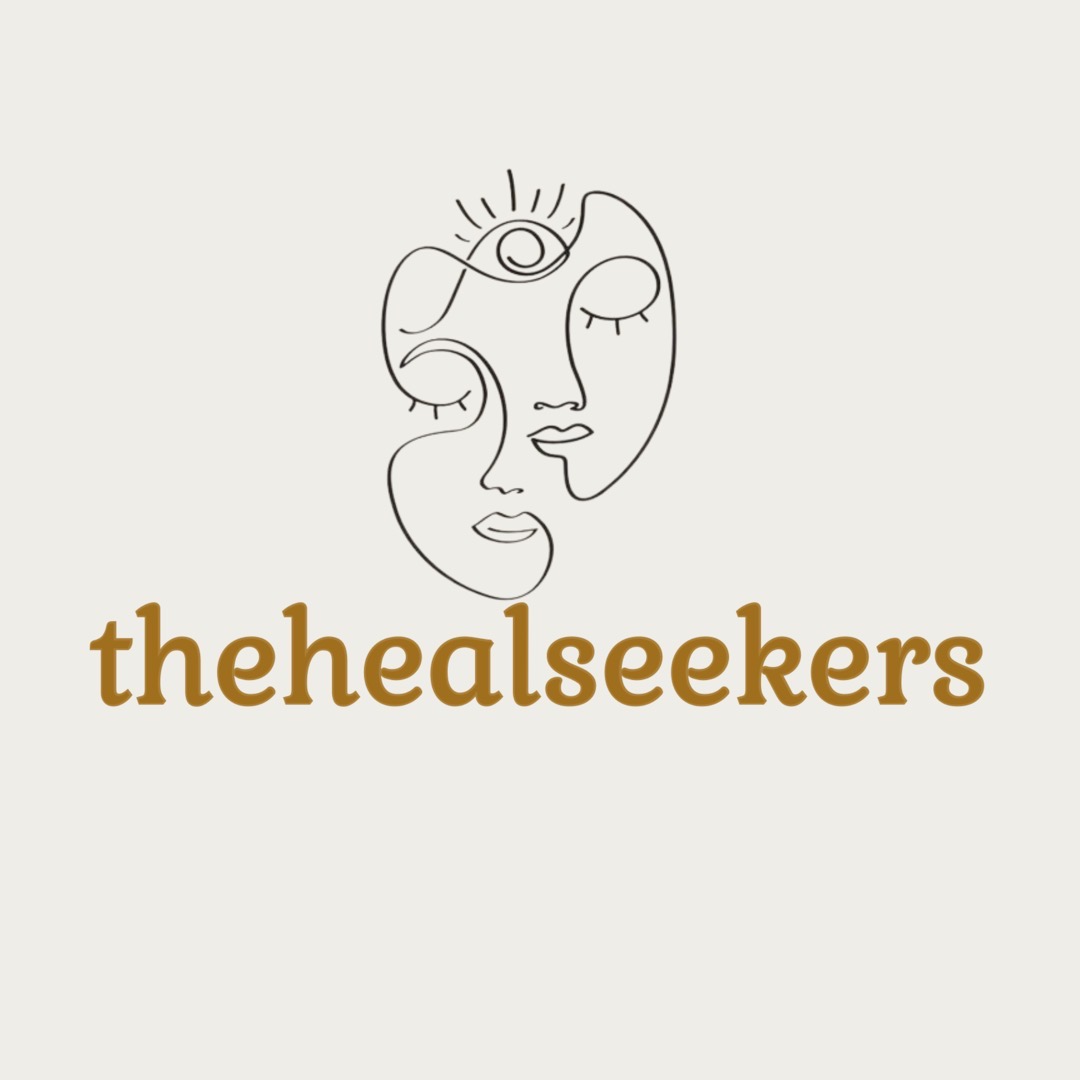I’ve been thinking a lot about something I came across recently: the idea that being “high vibrational” simply means having a high level of consciousness — and that having a high level of consciousness means understanding how reality actually works. This struck me as simple but profound. When you truly understand the mechanics of existence — the nature of thought, emotion, cause and effect — life gets easier. You’re less reactive, more grounded. You don’t get swept up by every passing emotion or external event.
That clarity alone creates a kind of quiet inner stability.
Around the same time, I stumbled upon Aristotle’s view of happiness. He believed that what distinguishes human beings from all other forms of life is our capacity for thought — not just ordinary thinking, but the ability to reflect, reason, and understand. Everything else we share with animals: sensation, desire, survival instincts. But the ability to contemplate? To grasp the deeper patterns of life? That, Aristotle said, is uniquely human — and developing it is what leads to fulfillment and happiness.
When I placed these two ideas next to each other — the spiritual concept of vibration and the philosophical concept of reason — I felt them echoing each other in a surprising way. One is ancient. One is modern. Yet both point toward the same truth:
Understanding reality is the key to flourishing.
Where Spirituality and Philosophy Quietly Meet
What spiritual teachings call “vibration,” Aristotle might call “the activity of the highest part of the soul.” What spiritual traditions describe as “alignment,” Aristotle describes as virtue — the healthy functioning of the mind.
Both perspectives converge on this:
A person who sees reality clearly lives more wisely and suffers less.
To a spiritual thinker, high vibration means:
- clarity
- presence
- emotional steadiness
- living in accord with truth
To Aristotle, the good life means:
- reason operating well
- understanding causes
- balancing emotion with wisdom
- acting intentionally rather than impulsively
Different vocabulary, same essence.
Both aim at a mature, awakened consciousness.
Why Understanding Reality Makes Life Feel Lighter
Raising consciousness — or living “virtuously,” in Aristotle’s terms — isn’t an abstract or mystical pursuit. It has very real effects on daily life.
- Emotions become teachers, not tyrants
With deeper understanding, you stop being ruled by your feelings. Not because they disappear, but because you see them as transient states, not truths.
You become less entangled with anger, anxiety, jealousy — you can witness them without being pulled under.
Modern psychology calls this emotional regulation.
This is similar to Aristotle’s idea of virtue as balance: emotions should serve reason, not rule it.
- External events lose their power to destabilize you
You’re less reactive because you understand what you can control (your choices, your responses, your interpretations) versus what you can’t (other people’s behavior, randomness, fate). The Stoics built an entire philosophy on this idea, but it’s also central in spiritual work: you become the observer.
This creates a kind of inner gravity — a center you can return to repeatedly.
- Life stops feeling random
When you understand the deeper causes — psychological, spiritual, social — the world feels less chaotic. Aristotle believed happiness required knowing “why things are as they are.” Awareness replaces fear.
- You act consciously rather than automatically
High consciousness shows up as intentional behavior. There’s a gap between stimulus and response — the same gap that mindfulness emphasizes today.
This is the practical side of “higher vibration”: a mind that sees clearly and responds wisely.
Aristotle’s Happiness as an Ancient Blueprint for Awakening
Aristotle’s concept of happiness — eudaimonia — isn’t about feeling good. It’s about functioning well.
He believed that each being fulfills its nature by actualizing its highest potential.
For humans, that potential is thought — not just logical thought, but deep understanding:
- knowing yourself
- knowing how the world works
- living with clear perception rather than distorted belief
He writes that fulfillment comes from “the activity of the soul in accordance with excellence.”
In modern terms: your consciousness operating at its most awakened.
So when people talk about “vibrating higher,” Aristotle would translate that as:
“Live in alignment with your highest faculties — your awareness, your reason, your capacity for truth.”
The harmony of your inner life creates the harmony of your outer life.
The Subtle Power of Seeing Reality Clearly
What becomes most striking when you blend these perspectives is how practical the path becomes:
- You don’t take things personally because you understand human nature.
- You make better decisions because you see more clearly.
- Drama loses its appeal because your mind isn’t chaotic.
- You maintain inner calm even when outer circumstances fluctuate.
- You feel more connected to something larger than yourself — whether you call that truth, the universe, or simply your own awakened mind.
Paradoxically, this clarity produces a sense of emotional lightness that spiritual language describes as “high vibration.”
But it’s not mystical — it’s rooted in how the mind works.
The Simple Truth Behind All of This
Whether you call it consciousness, vibration, virtue, reason, awareness, or clarity, the message is the same:
Human beings flourish when they see reality clearly.
Suffering shrinks.
Wisdom grows.
Life becomes navigable.
And happiness becomes less about what happens and more about who you are being.
Aristotle said it 2,300 years ago.
Spiritual teachings say it today.
Psychology explains the mechanisms behind it.
Different paths, same mountain.
And the higher you climb, the quieter, steadier, and more authentically joyful life becomes.

- Hey there! Welcome to thehealseekers, a space dedicated to helping women explore metaphysics, psychology, and self-development as tools for clarity, purpose, and goal achievement. I hope you find inspiration here.
Latest Post
 Self-developmentMarch 2, 2026Sustainable Success Requires Alignment: Why Effort Alone Is Not Enough
Self-developmentMarch 2, 2026Sustainable Success Requires Alignment: Why Effort Alone Is Not Enough Self-developmentJanuary 30, 2026What to Do When Your Career Looks Right on Paper But Feels Wrong Inside
Self-developmentJanuary 30, 2026What to Do When Your Career Looks Right on Paper But Feels Wrong Inside Self-developmentJanuary 30, 2026You Have an Attention Problem, and It’s Costing You Your Goals
Self-developmentJanuary 30, 2026You Have an Attention Problem, and It’s Costing You Your Goals Self-developmentJanuary 24, 2026How to Turn Your ‘Impossible’ Desires Into Reality
Self-developmentJanuary 24, 2026How to Turn Your ‘Impossible’ Desires Into Reality
